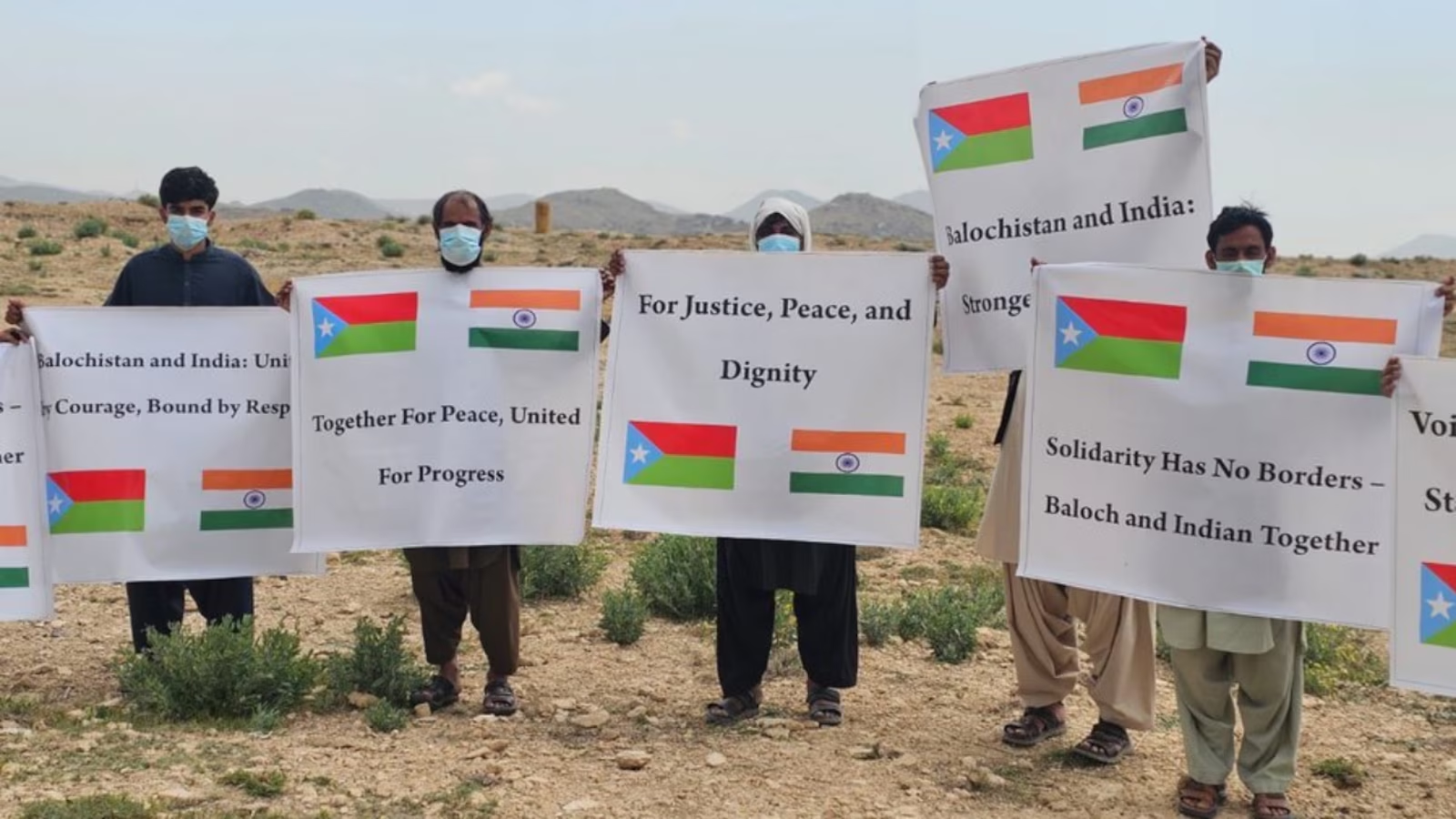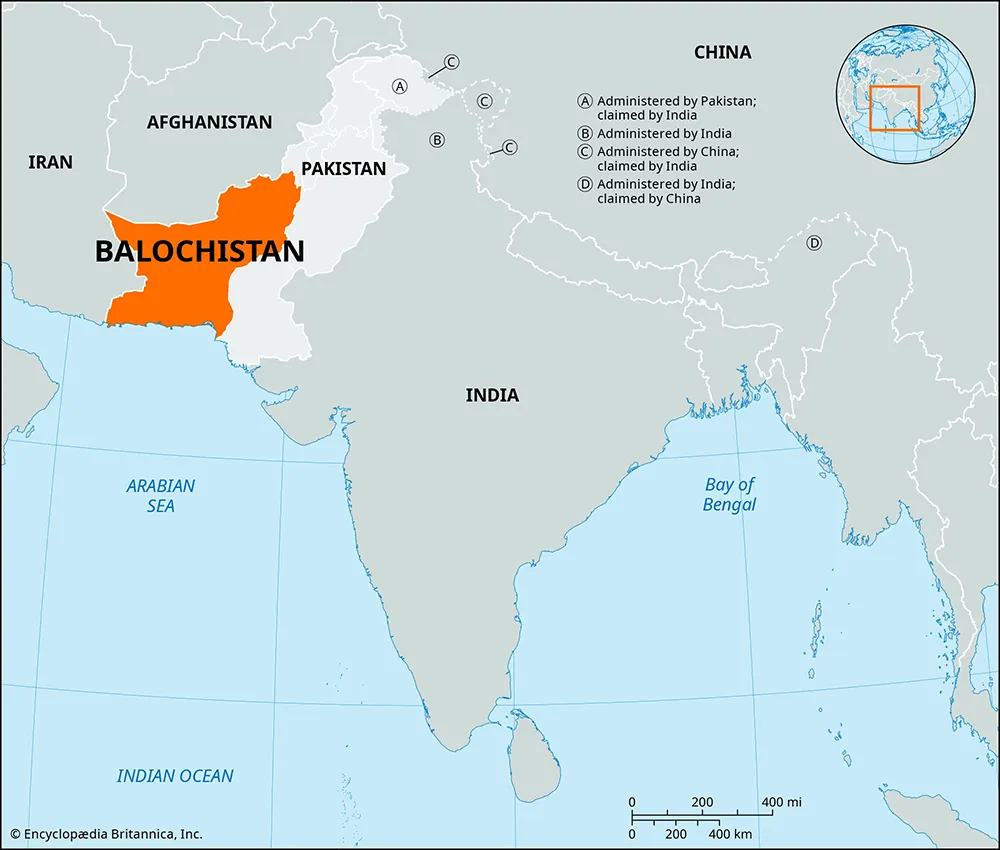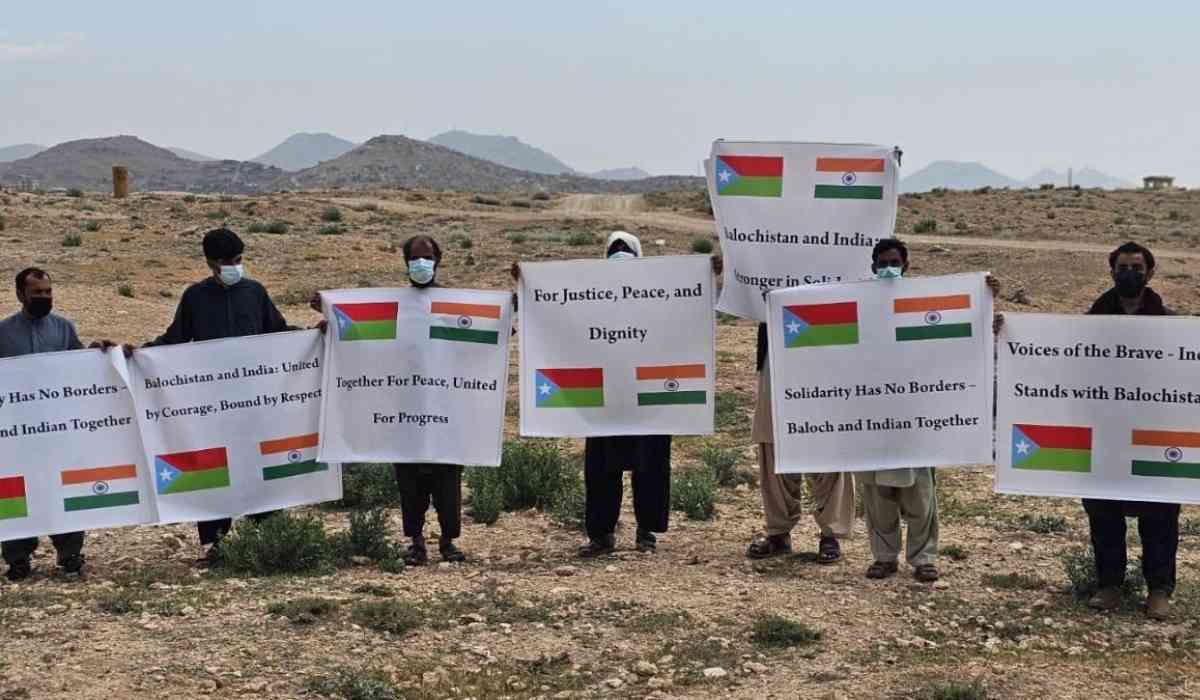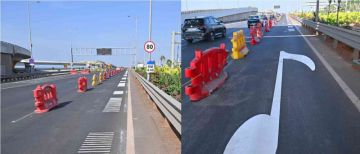The declaration of independence by Baloch leaders and the emergence of the phrase "Republic of Balochistan" as a trending topic on social media have reignited global attention on the Baloch struggle for autonomy. Amid a long history of political marginalization, economic exploitation, and human rights violations, Baloch nationalist figures such as Mir Yar Baloch have symbolically announced the formation of an independent Baloch state. The timing of the announcement—just days after India’s Operation Sindoor targeting terror camps in Pakistan and Pakistan-occupied Kashmir—adds geopolitical weight to this unfolding story.

Historical Context: A Long-Standing Struggle
Balochistan, Pakistan's largest and most resource-rich province, has faced decades of systemic neglect. Originally part of the princely state of Kalat, the region was annexed by Pakistan in 1948 under contentious circumstances. This led to the first of several insurgencies by Baloch nationalists, who viewed the accession as a forced integration.
Since then, Balochistan has witnessed multiple uprisings, each met with harsh military crackdowns. The people of the province continue to express grievances over limited access to education, healthcare, and infrastructure, despite contributing significantly to the national economy through resources like natural gas, minerals, and the strategic Gwadar Port.
To the people of Balochistan: The time has come to claim your freedom. As we bring an end to Pakistan, rise up, strike, and take what is rightfully yours.— Shesh Paul Vaid (@spvaid) May 8, 2025
Recent Declaration: A Symbolic Breakaway
The latest wave of attention began on May 9, when Mir Yar Baloch, a prominent Baloch activist and writer, took to X (formerly Twitter) to declare independence from Pakistan. He urged the Indian government to:
-
Allow a Baloch embassy in New Delhi
-
Rename Jinnah’s House in Mumbai to “Balochistan House”
-
Recognize the Democratic Republic of Balochistan
-
Support a transitional interim government in Balochistan
In his posts, Mir Yar Baloch asserted that “a possible announcement should be done as the collapse of terrorist Pakistan is near.” He called on the United Nations to recognize Balochistan's independence, release funds for currency and passport printing, and deploy peacekeeping forces in the region.
“We urge the UN to immediately send its peacekeeping missions in Balochistan and ask Pakistan's occupational army to vacate the territories, air space and sea of Balochistan.”
He further demanded that all non-Baloch personnel in the Pakistani Army, intelligence services, and civil administration leave Balochistan immediately.
A possible announcement soon should be done as the collapse of the terrorist Pakistan is near.
We have claimed our independence and we request India to allow Balochistan's official office, and embassy in Delhi.
We also ask the United Nations to recognise the independence of the…— Mir Yar Baloch (@miryar_baloch) May 8, 2025
Baloch Liberation Army and Operation Herof
As Mir Yar Baloch declared independence, the Baloch Liberation Army (BLA) announced the continuation of its coordinated campaign against the Pakistani state, dubbed “Operation Herof.” On May 11, the BLA claimed responsibility for 71 attacks across 51 locations, targeting:
-
Pakistani military and intelligence installations
-
Local police stations
-
Gas fields in Dera Bugti
-
Mineral transport vehicles
-
Critical infrastructure along key highways
A video also surfaced showing a vehicle carrying Pakistani military personnel being destroyed—an attack for which the BLA claimed responsibility, stating that 14 soldiers were killed.
In a strongly worded statement, the BLA declared that a “new order has become inevitable” in South Asia and that Pakistan’s military failures, diplomatic isolation, and use of religious terrorism have created irreversible cracks in regional stability.
“The BLA is neither a pawn nor a silent spectator,” the group said, positioning itself as a decisive actor in the evolving military and political landscape.
Human Rights Concerns and the “Kill and Dump” Policy
Adding to the list of grievances, reports of enforced disappearances, extrajudicial killings, and military operations have become commonplace. The recent killing of Tariq Baloch, a well-known car racer, is widely believed to be part of Pakistan’s alleged “kill and dump” policy, where dissidents are abducted, tortured, and killed without due process.
These actions have further alienated the local population and fueled international concerns over Pakistan's treatment of its ethnic minorities, particularly the Baloch.

Strategic Importance of Balochistan
Balochistan holds immense geopolitical and economic significance, most notably due to the Gwadar Port, a cornerstone of the China-Pakistan Economic Corridor (CPEC). The port is seen as a vital link connecting China to the Middle East and beyond.
However, Baloch residents argue that:
-
Local communities are being displaced
-
Environmental damage is rampant
-
The benefits bypass the local population entirely
-
Chinese nationals working on the project are often targets of insurgent attacks
This discontent has led to growing resentment not only toward Islamabad but also toward Beijing, placing strain on the China-Pakistan alliance and CPEC’s long-term viability.
A New Country #RepublicOfBalochistan declared her Independence, breaking away from Pakistan! I urge PM @narendramodi ji to recognize their request, recognize their Independence and give full support to The Baloch People. Great Nation must do Great things. pic.twitter.com/hS32p9LB2X— Pushker Awasthi 🇮🇳 (@pushkker) May 14, 2025
India’s Involvement: Strategic Counterbalance?
The symbolic overtures by Baloch leaders toward India carry significant implications. Mir Yar Baloch’s appeal for a Baloch embassy in Delhi, along with calls to rename Jinnah’s House to “Balochistan House,” signal a desire for diplomatic recognition and strategic alliance.
Hyrbyair Marri, president of the Free Balochistan Movement, echoed similar sentiments. Based in London, Marri urged India to hand over Jinnah’s House to Baloch leaders, stating that it should now be used to plan for Balochistan’s independence. In an article for Balochwarna, he criticized the United Nations for ignoring the Baloch issue since 1947 and accused Pakistan of using the conflict for political manipulation.
For India, increasing engagement with Baloch leaders could serve as a strategic countermeasure to Pakistan’s actions in Kashmir and bolster India’s regional leverage. However, such involvement also risks escalating tensions in an already volatile geopolitical environment.

What Lies Ahead: Independence or Escalation?
While the declaration of the Republic of Balochistan is currently symbolic, it highlights deep-rooted and unresolved issues that continue to destabilize Pakistan’s internal cohesion. The international community faces mounting pressure to address:
-
Human rights violations
-
Ethnic self-determination
-
Regional security threats
The Balochistan question is no longer just a domestic matter for Pakistan—it is a complex geopolitical issue with implications for India, China, and the wider South Asian region.
With inputs from agencies
Image Source: Multiple agencies
© Copyright 2025. All Rights Reserved Powered by Vygr Media.

























